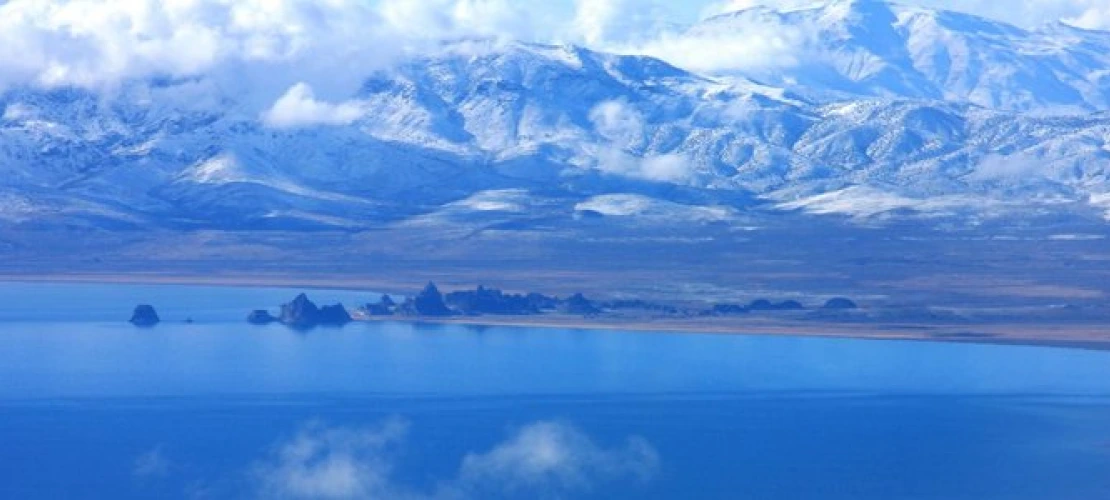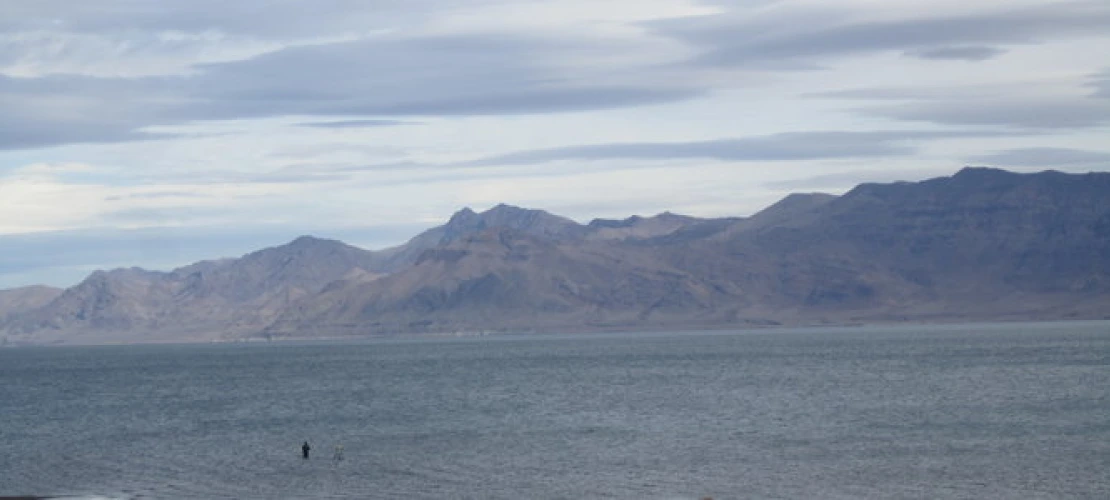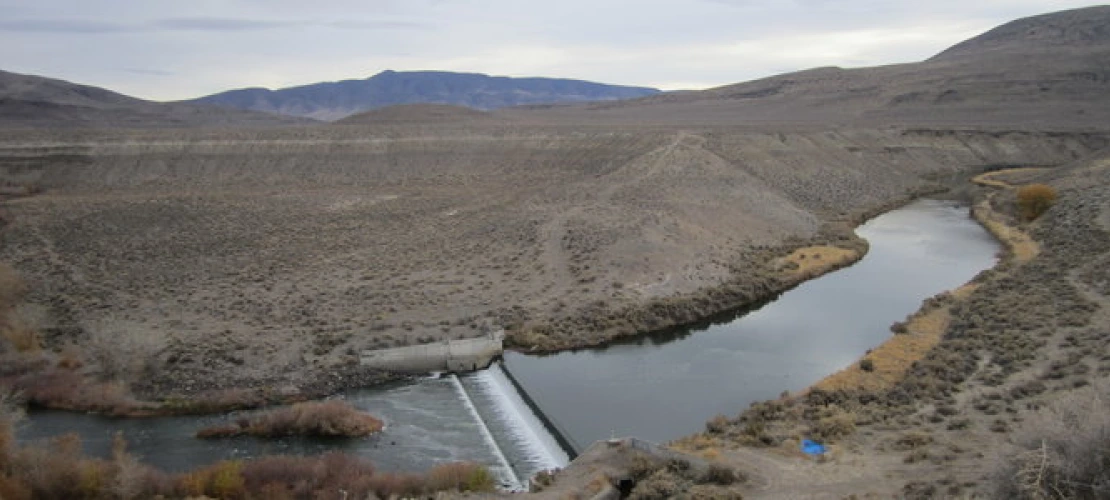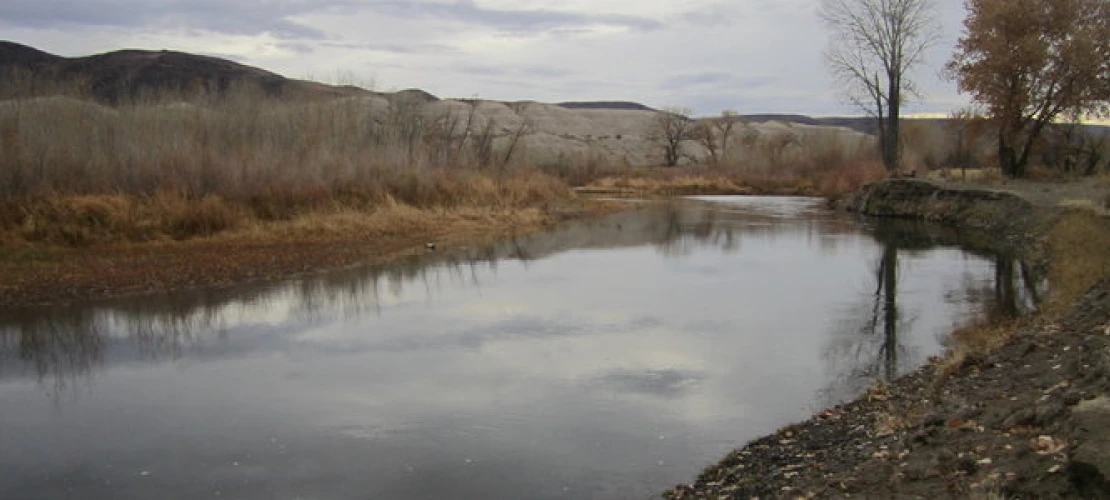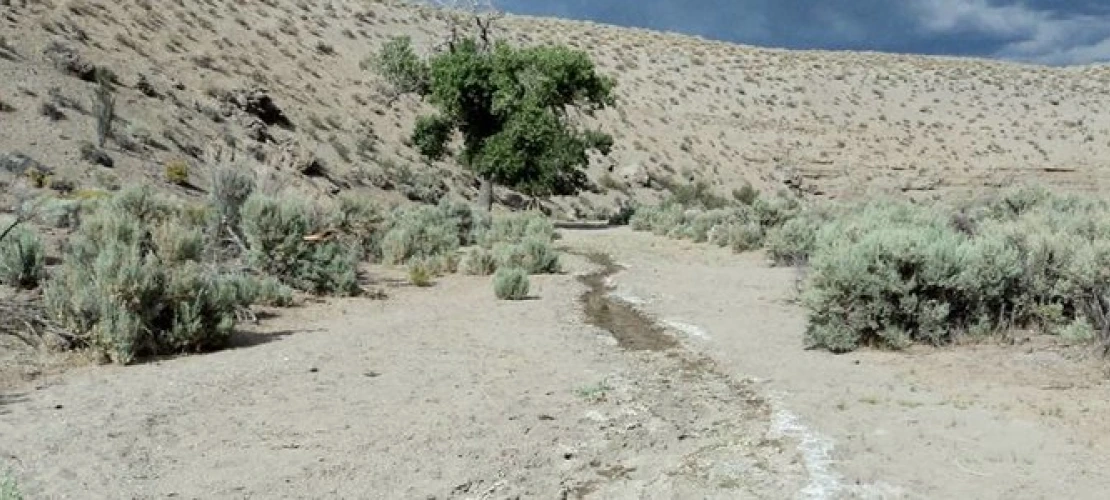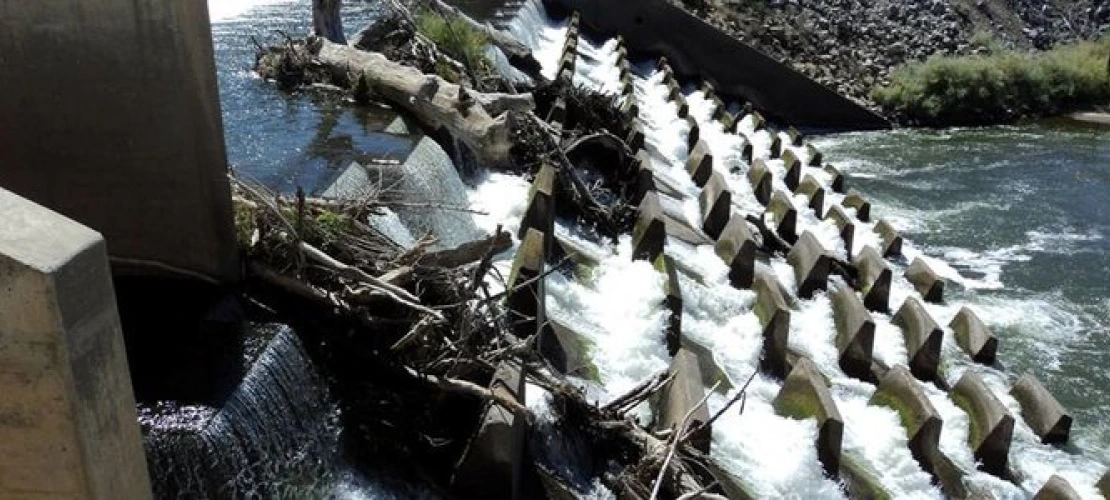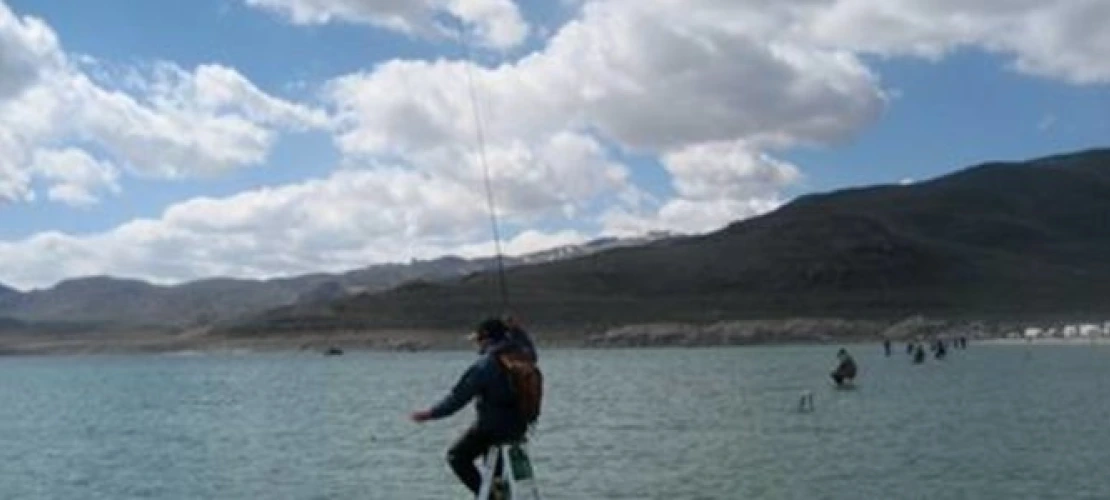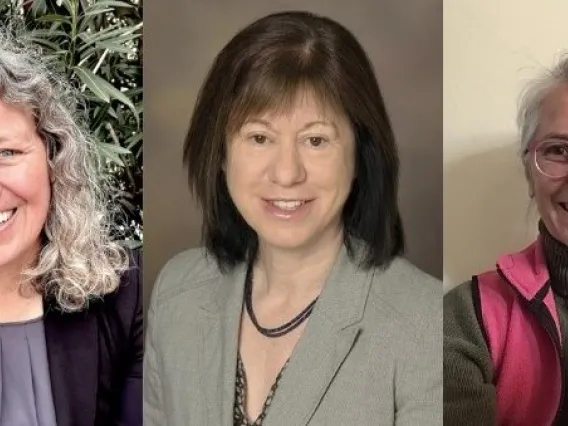Welcome to the home page for the Climate Change Vulnerability of Native Americans in the Southwest research project!
Native Americans in the Southwest are vulnerable to climate change because of their intimate relationship with the environment upon which their culture, tradition, and livelihood depend. Climate change may overwhelm tribes already stressed by economical and development challenges. A primary example is Nevada’s largest tribe, the Pyramid Lake Paiute Tribe, located at the terminal end of the Truckee River Basin, who are deeply connected—culturally, physically, and spiritually—to Pyramid Lake and its ecosystem.
This research project seeks to investigate the potential of the Pyramid Lake Paiute Tribe to adapt to climate change. The project collaborators include the Pyramid Lake Paiute Tribe, the University of Arizona, the University of Nevada Las Vegas, and the U.S. Geological Survey. Funding for this project comes from a two-year grant from the U.S. Geological Survey Southwest Climate Science Center.
Recent News: Diné College Completes Climate Change Study
On September 30, 2015, Dine' College finalized a project to investigate springs, watershed health and climate change impacts in the Whiskey Creek Watershed in the Chuska Mountains. The project, involving tribal college students, was funded by the American Indian Higher Education Consortium (AIHEC) and headed by Margaret Mayer and Dr. Karletta Chief, Assistant Professor at the University of Arizona.
The short-term project was intended to be an experimental outdoor lab training for environmental science Diné College students. The project began in August during the first month of "Environmental Science Lab" at the College. The group completed compiling and analyzing data at the end of September and submitted the final report to AIHEC on September 30.
The AIHEC grant enabled two interns to be hired as leaders in the watershed monitoring conducted by students. Also involved was one Independent Study student enrolled in the "Sampling & Monitoring" class.
The study also included analysis of aspen defoliation due to the web caterpillar in the Chuskas, since this just occurred this summer and aspen are part of the watersheds of the Chuskas. The equipment purchased for the study is a long-term investment for the College. It will be used to teach future students how to conduct data collection and long-term monitoring of Whiskey Creek in order to understand the impacts of climate change in the region.
The project evolved from a number of discussions and brainstorming sessions between Mayer and Dr. Chief surrounding watersheds, climate change, outdoor environmental labs, and prior instrumentation of the watershed. The duo applied for the funding earlier in the year with hopes of creating an experimental lab for students.
According to the Mayer, the "field training and use of the Whiskey Creek Experimental Watershed as an outdoor teaching lab was successful. The students were able to apply classroom lectures to the field and to develop field skills that motivated them to advance their environmental science education at Dine' College and consider pursuing four year degrees."
Mayer and Dr. Chief plan to work together on future projects that include Diné College students.



Videos
Project PI Dr. Karletta Chief presented this talk at the 2014 UCOWR/NIWR/CUAHSI Annual Conference "Water Systems, Science, and Society under Global Change" at Tufts University on June 19, 2014. This talk was part of the Massachusetts Water Resources Research Center's organized track on "Advancing agricultural security and resilience under nonstationarity and uncertainty: evolving roles of blue, green and grey water."
Here is a video we created as an educational resource on the spawning and habitat requirements of the cui-ui and Lahontan cutthroat trout.
This research will build on the results from a previous analysis of the Pyramid Lake Paiute Tribe's vulnerability to climate change. The results of this study were presented by Dr. Karletta Chief at the Second International Climate Change Adaptation Conference at the University of Arizona in 2012. Click here for the full video presentation.
Another video presentation on the impacts of climate change to tribes in the Southwest by Dr. Margaret Hiza Redsteer is available here. Please watch from 29:22 to 45:28 for Dr. Redsteer's presentation.
Please feel free to explore this page and contact us with any questions or comments. Thank you for your interest in this research!

